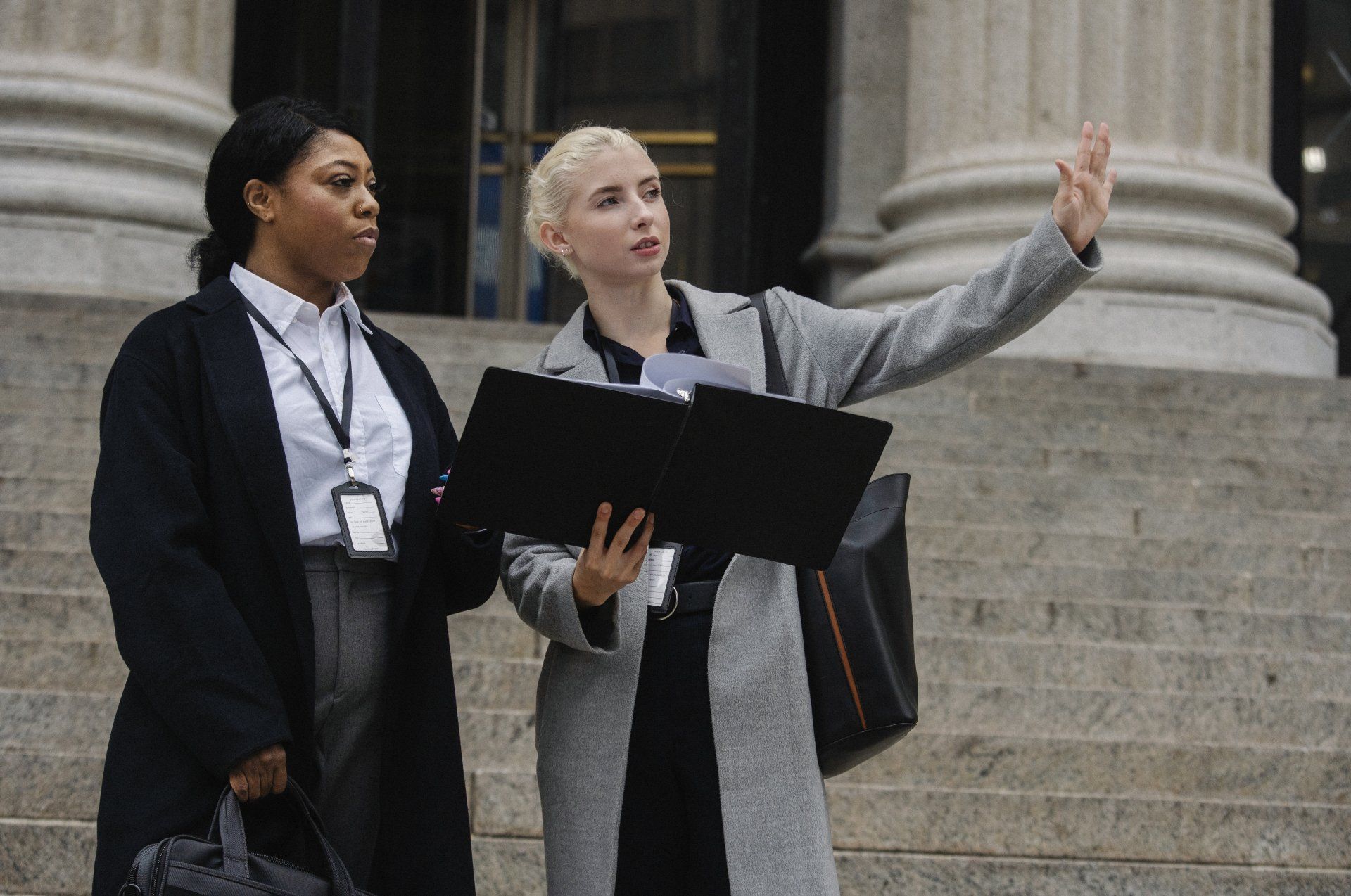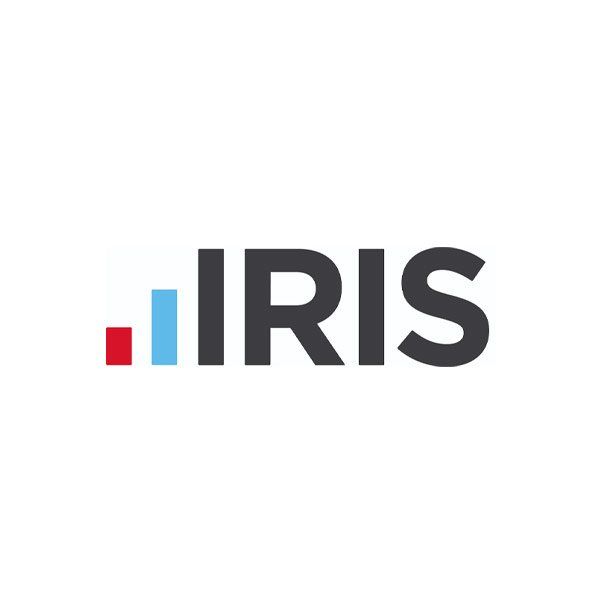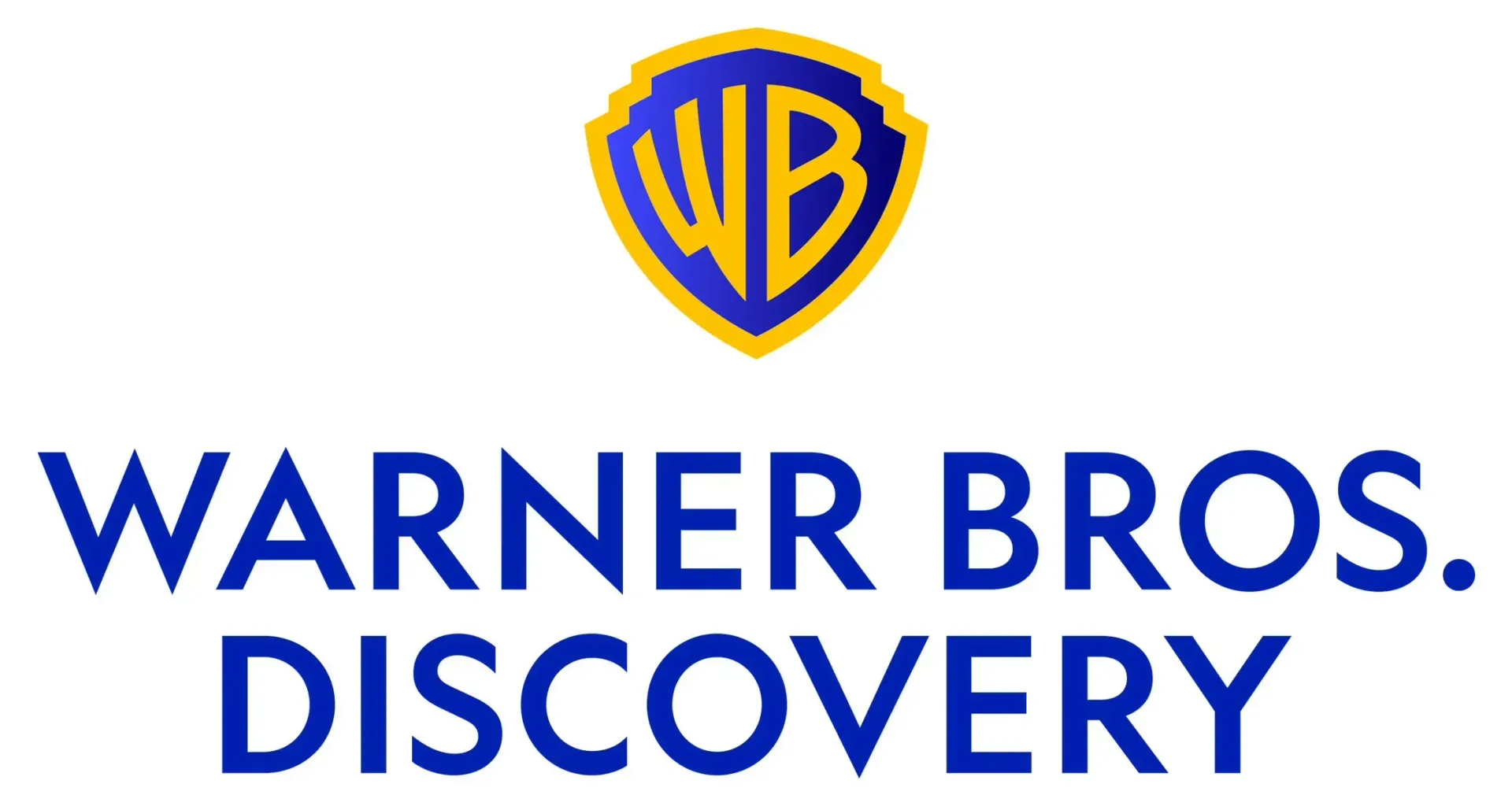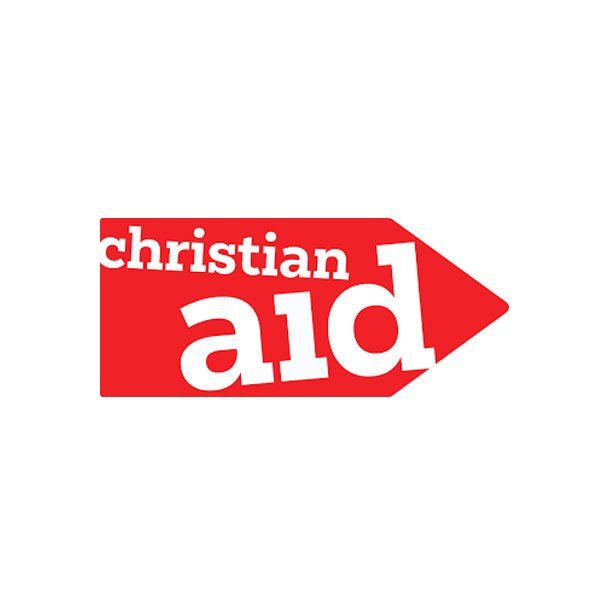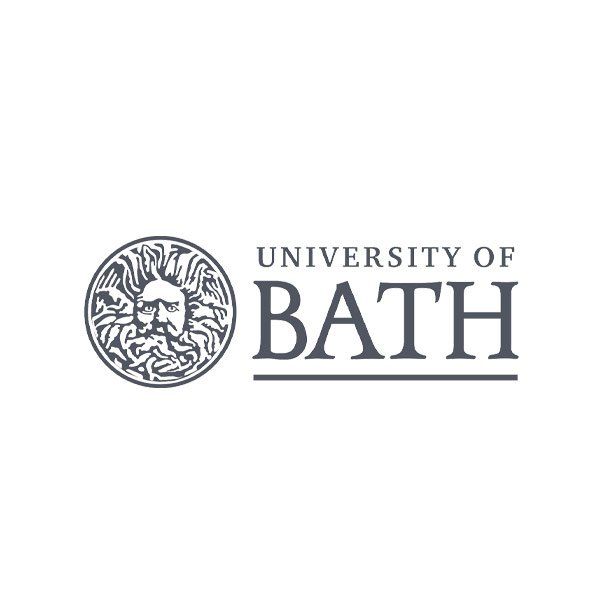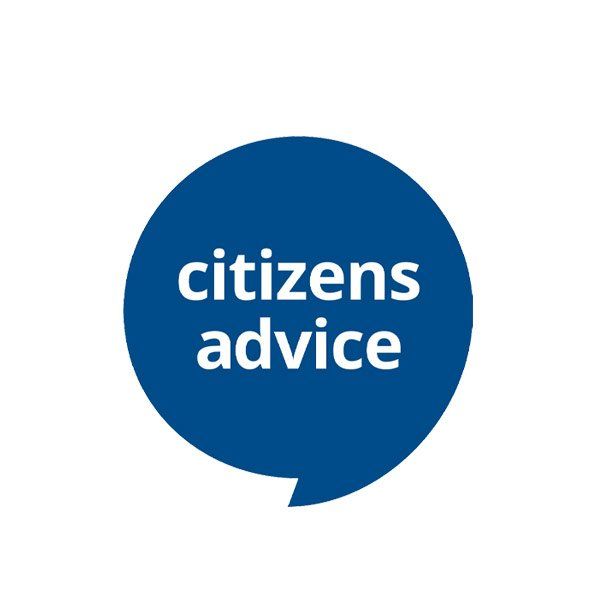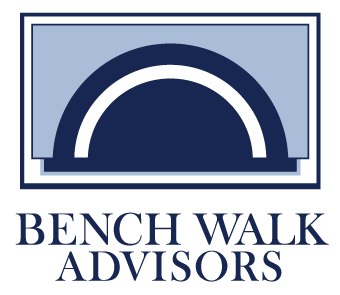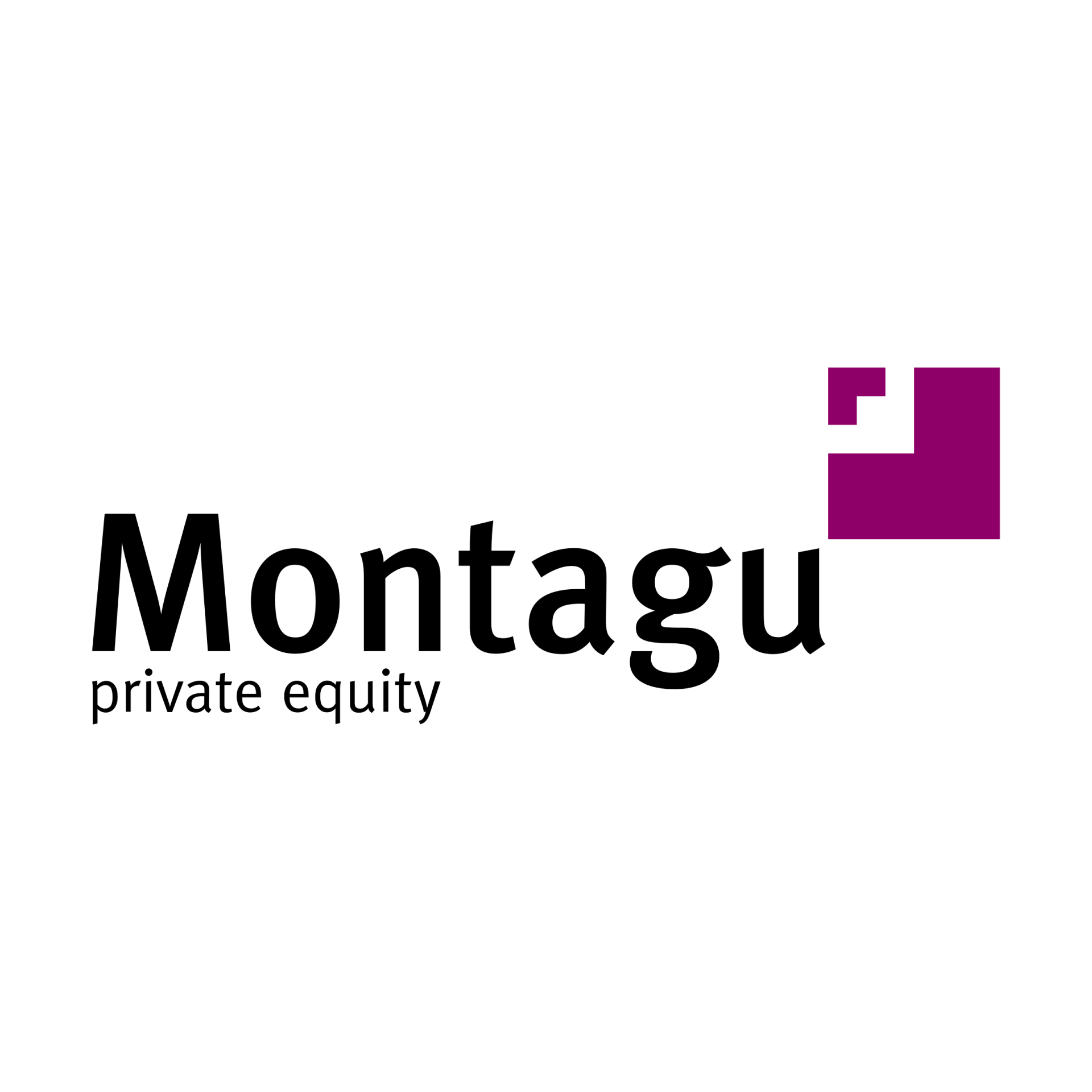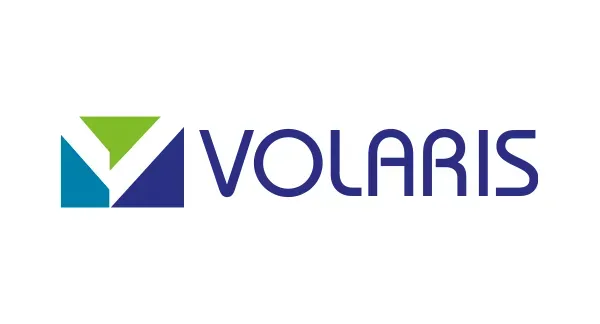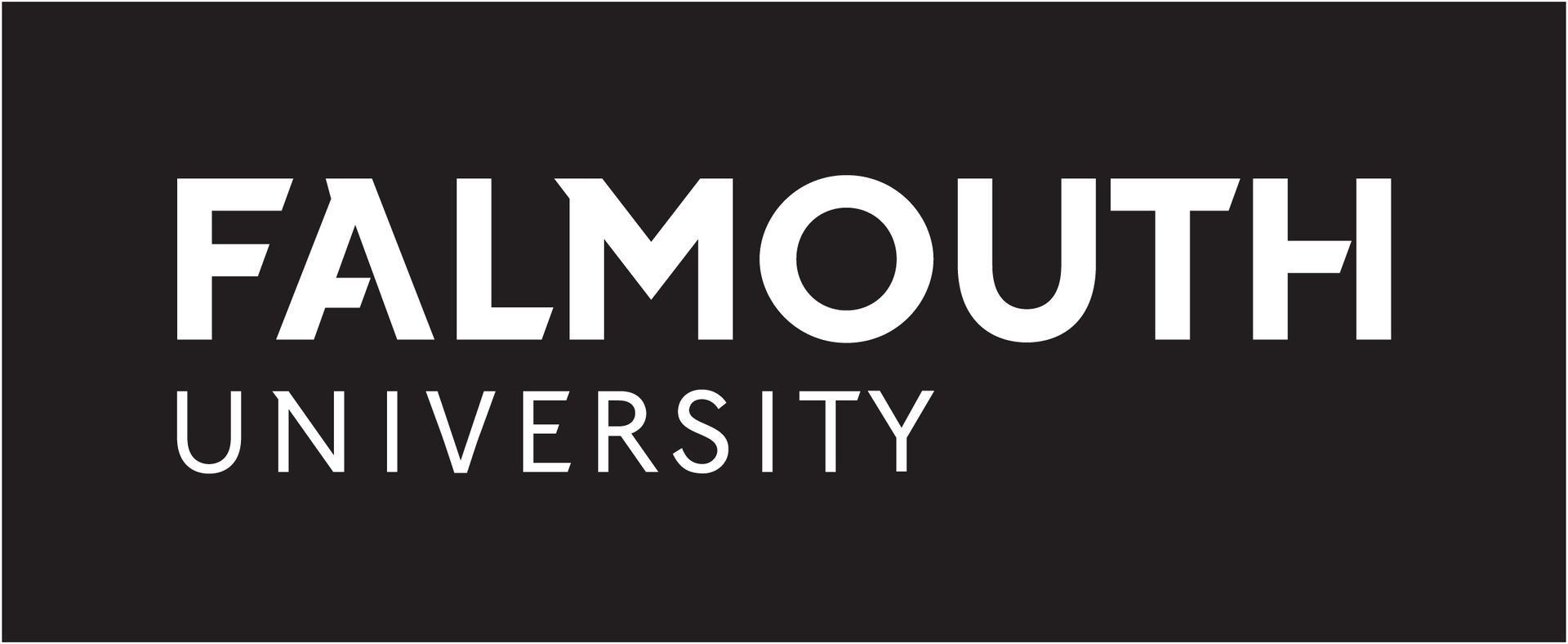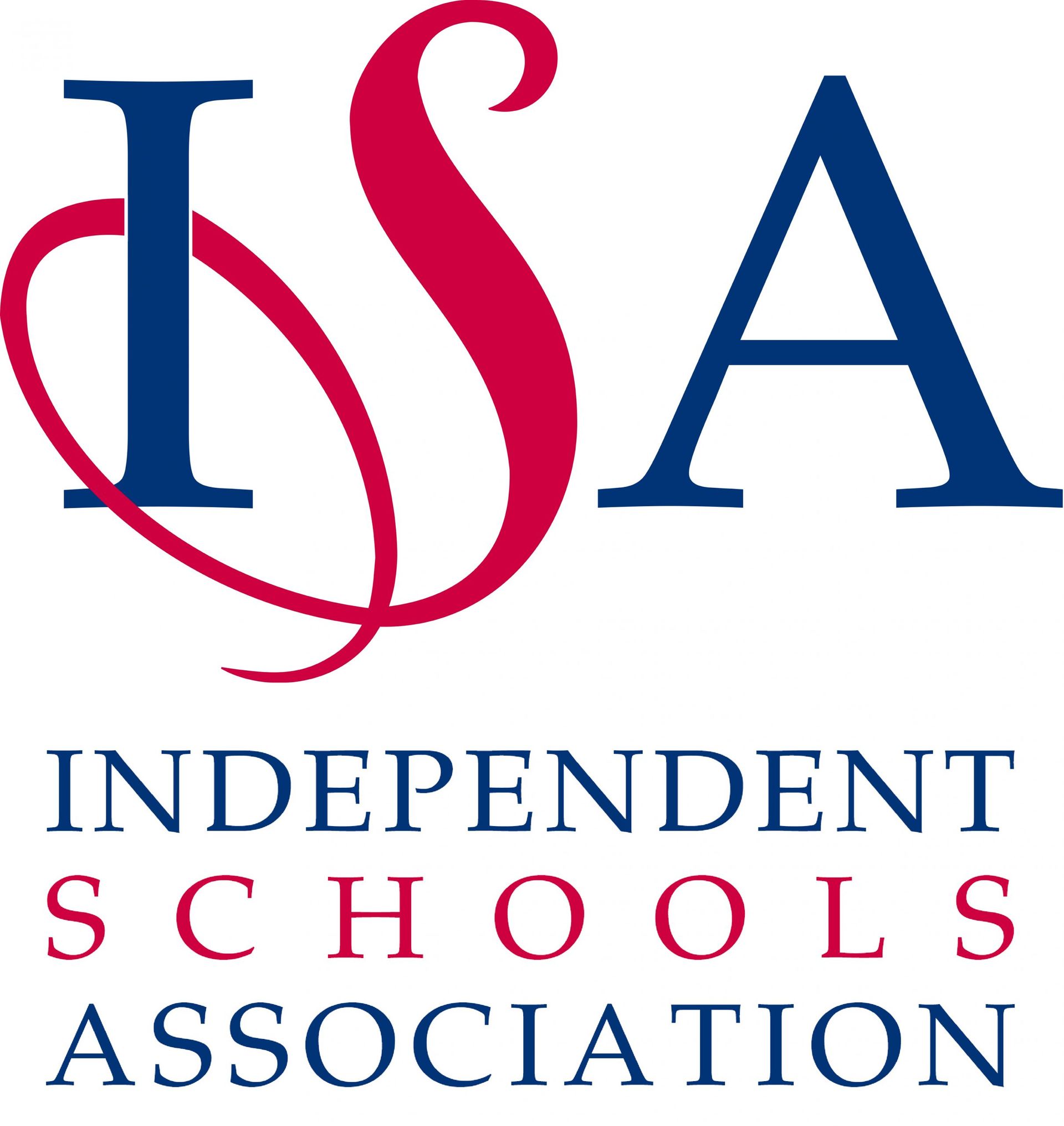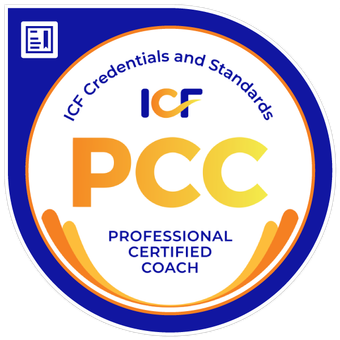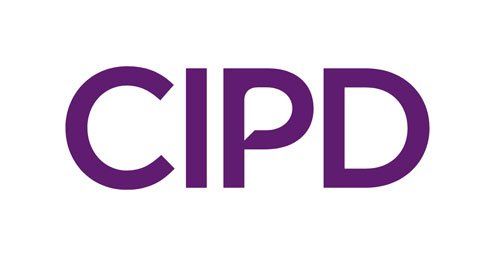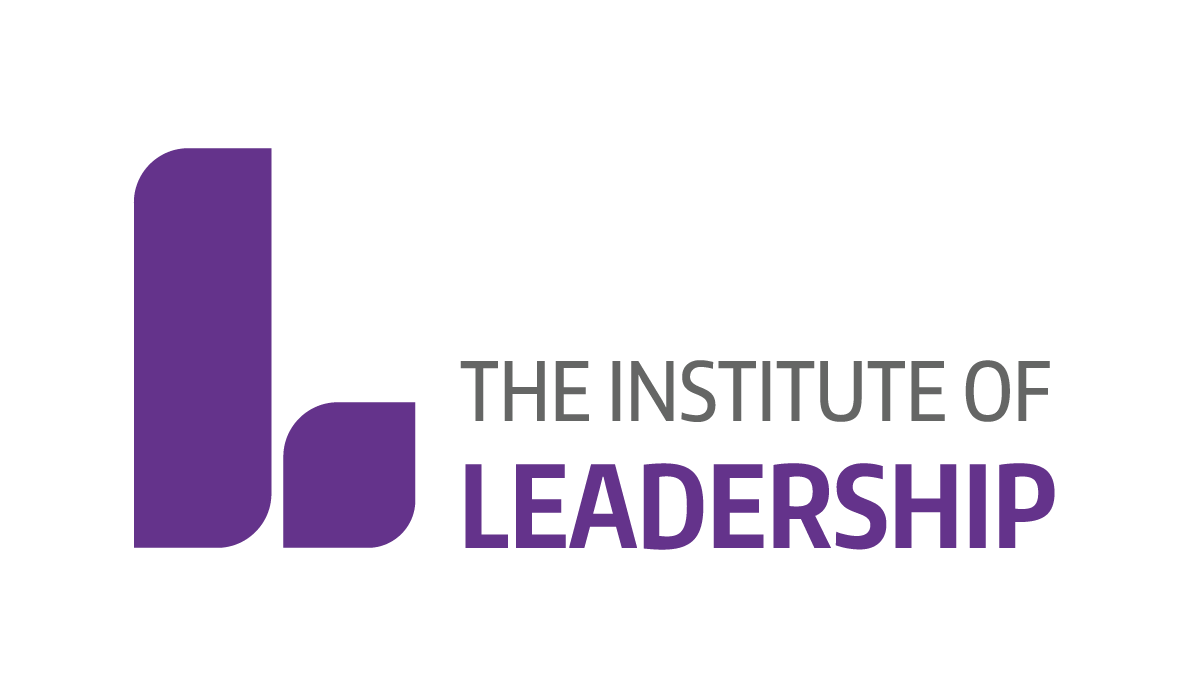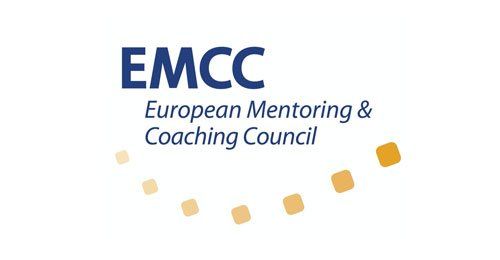by Beth Hood
•
16 October 2024
The landscape of an organisation is ever-evolving, which means staying on course requires more than just focusing on the road ahead. Effective leaders must strike a balance between reflecting on past experiences, managing present-day realities, and navigating the future with clarity. One powerful tool I have found, both for personal reflection and for team alignment, is the Vision Exercise. This simple yet transformative activity offers executives an opportunity to recalibrate their focus, blending the wisdom of past experiences with a clear understanding of current demands and an insightful gaze into the future. As leaders, we are often caught up in the day-to-day whirlwind of decisions, tasks, and priorities. But without a clear sense of direction, it’s easy to lose sight of the bigger picture. The Vision Exercise draws on the metaphor of driving a car and invites us to step back, assess our journey, and chart a deliberate course forward. It not only encourages self-reflection but can be used as a team-building tool, helping to align objectives and identify future priorities. I’ll guide you through each phase of the Vision Exercise, providing you with practical steps to help you get the most from this reflective and strategic tool. The Vision Exercise: A roadmap for reflection and growth To begin, the Vision Exercise takes about 30 minutes and requires an uninterrupted space for deep thinking. It’s not about getting the “right” answer - it’s about exploring perspectives and generating meaningful insights. You will need a large sheet of paper or piece of flip chart and some pens. Imagine you’re in a car driving on a long road. This is where the metaphor comes to life, allowing you to visualise past, present, and future aspects of your leadership journey. Let’s break it down into three steps. Step one: The rearview mirror Start by taking a look in the rearview mirror. In the distance behind you lies everything that has shaped your leadership and your team’s journey over the past year - both the good and the bad. As you reflect, think about the milestones, the obstacles, and the key lessons that emerged from those experiences. Take 10 minutes to jot down what comes to mind on the left-hand side of your sheet. This is a valuable exercise in retrospection, providing context and perspective. After all, as leadership expert John Maxwell points out, "Reflection turns experience into insight." Research supports the value of such reflection. A Harvard Business School study found that individuals who took time to reflect on their experiences were 23% more likely to succeed in future tasks. By reviewing your past, you can spot patterns, identify growth opportunities, and avoid repeating mistakes. Step two: Inside the car Now, shift your attention to the present. Focus on what’s happening right now - the operational demands, challenges, and opportunities calling for your immediate attention. Just as you might adjust your seat or check the dashboard while driving, it’s time to assess the present moment. In leadership terms, this means examining your current operational landscape - what’s keeping your organisation “on the road” right now? Consider your dashboard indicators: Are you tracking key metrics effectively? Are there any “warning lights” flashing that demand attention, such as resource shortages or team dynamics that need addressing? Check your seat placement—are you in the optimal position to lead? What immediate concerns or priorities are currently shaping your day-to-day focus? Write down these thoughts in the middle section of your page. These are the realities that demand your attention right now - the pressures that can often pull you away from long-term strategic thinking. It’s easy to get lost in the here and now, constantly managing the pressing issues of the day. Recognising this is the first step towards keeping the car moving and steering it toward a destination. Step three: Through the windscreen Now it’s time to look through the windscreen, focusing on the road ahead. Imagine the open horizon before you: What do you see? What challenges or opportunities lie ahead in the next 18 months? Just as you might scan the road for potential obstacles or turns, this step invites you to anticipate what could impact your future - whether it’s market shifts, new technologies, or changing team dynamics. This forward-thinking exercise helps shift your focus from the immediate to the strategic. Research conducted by McKinsey shows that companies that think long-term significantly outperform those focused on the short term. Among the firms focusing on the long term, average revenue and earnings growth were 47% and 36% higher respectively. Taking time to “look ahead” helps ensure that you’re not blindsided by unexpected developments and encourages you to identify opportunities and position yourself to take advantage of them. As part of this process, it's crucial not only to concentrate on the risks and roadblocks ahead but also to reflect on the potential unexpected wins. Consider what would be ‘amazing if’ scenarios - what if something incredible were to happen? Focusing on these positive outcomes is a powerful way to manifest them, as it primes your mind to make subtle, micro-decisions that align with realising that reality. This visioning technique, used widely in sports coaching, has proven highly effective. For example, Dr. Pippa Grange helped the England football team transform their performance in handling penalties using this approach. While it might feel unconventional, tapping into the subconscious mind can be a game-changer for realising your leadership potential and driving success. On the right-hand side of your page, spend 10 minutes noting down what you foresee. What’s visible on the horizon that could shape your leadership or business? More importantly, what might be lurking just beyond your line of sight? Balancing Focus: Where Are You Looking? Once you’ve completed these three steps, take a moment to consider your focus as a leader. Are you spending too much time looking in the rearview mirror, stuck in the past? Or are you so preoccupied with present-day concerns that you’re neglecting to look ahead? Leadership requires a delicate balance between all three perspectives - learning from the past, managing the present, and preparing for the future. It’s worth asking yourself: Do I need to shift my focus to spend more time scanning the horizon? How can I ensure I’m not simply reacting to the present but also strategically steering toward future goals? Applying the Vision Exercise with your team Once you’ve completed the exercise for yourself, it can be equally impactful to work through it with your team. By aligning on the past, present, and future, you’ll uncover where priorities intersect and where misalignments may need addressing. These insights will help foster clarity and focus, ensuring everyone is moving in the same direction. Encouraging your team to participate in this exercise also provides an opportunity to discuss individual and collective strengths and areas for improvement. The power of vision in leadership At its core, the Vision Exercise is about finding balance. As leaders, we must learn from the past, manage the present, and prepare for the future. This tool offers a structured, reflective way to assess where your focus lies and how you can adjust to lead with greater intention and foresight. In the end, leadership is not just about looking forward but also about recognising the road already travelled and making deliberate choices about where to steer next. By incorporating regular vision exercises, you can ensure that your leadership focus remains sharp, strategic, and aligned with the future you want to build—for yourself, your team, and your organisation. Taking time to step out of the operational grind and consider the bigger picture is a small investment with tremendous returns. After all, the future belongs to those who prepare for it today - the Vision Exercise offers a clear framework to do just that. If you're ready to move beyond ideas and start building a roadmap that inspires real change, Verosa can help . Whether you're leading a team, shaping strategy, or seeking clarity in your next steps, the Vision Exercise is a powerful place to begin.


